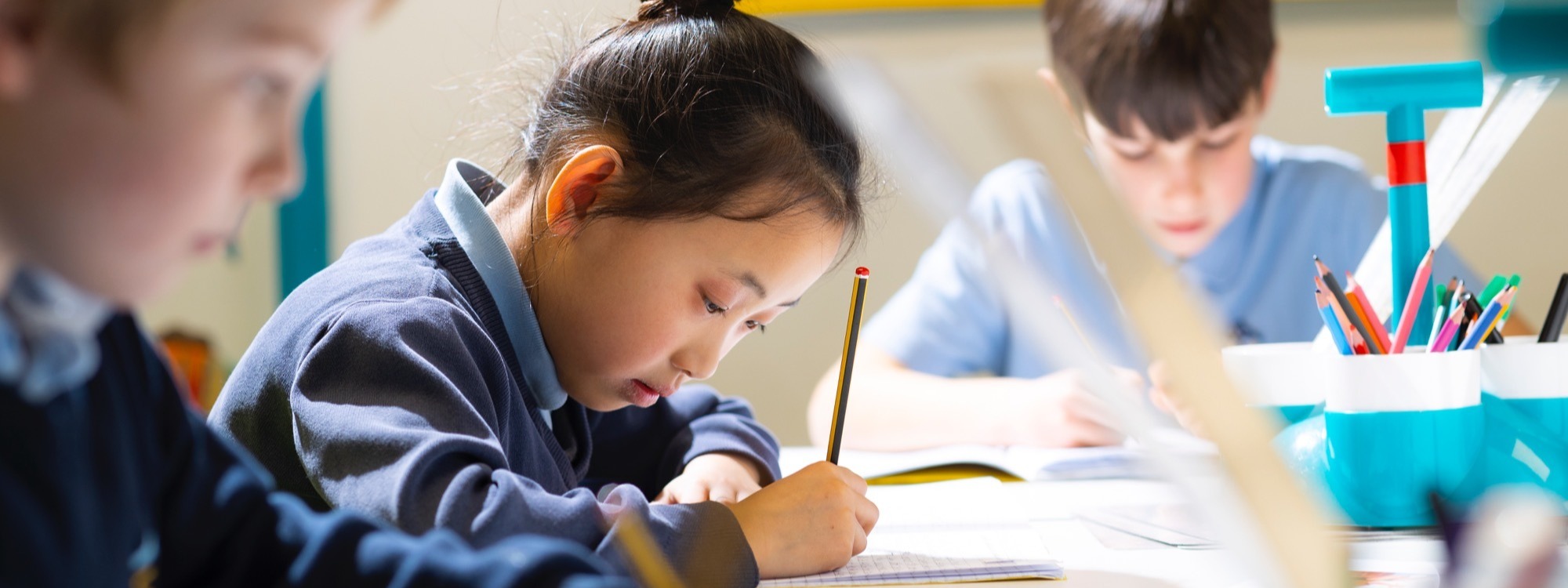
- Home
- Curriculum
- Subject Information
- Maths
Maths
|
Curriculum (Intent) |
|
The National Curriculum for mathematics aims to ensure that all pupils:
During their time at St Augustine’s School, not only are we aiming to ensure that pupils become fluent in mathematics; are able to reason mathematically; and are able to problem solve, we also want our children to
|
|
Pedagogy (Implementation) |
|
At St Augustine’s, we are teaching maths through a mastery approach. Mastering maths means acquiring a deep, long-term, secure and adaptable understanding of the subject. Mastery requires that pupils use mathematical concepts, facts and procedures appropriately, flexibly and fluently; recall key number facts with speed and accuracy and use them to calculate and work out unknown facts; and have sufficient depth of knowledge and understanding to reason and explain mathematical concepts and procedures and use them to solve a variety of problems. Under this mastery umbrella, we use a’ small steps’ approach that allows children to meet carefully thought-out milestones to successfully progress through the National Curriculum. This is achieved through careful planning of small steps incorporating precise choice of mathematical language, problem solving and reasoning in different representations, variation of problems and exploration with practical resources to allow children to apply their understanding in different contexts. By using this approach, we can deepen and strengthen our pupils’ understanding of mathematical concepts; improve their problem solving and reasoning skills; increase their use and understanding of manipulatives and modelling; become fluent in key number facts to ultimately improve their confidence and enjoyment of mathematics. |
|
Assessment (Impact) |
|
The impact of our mathematics curriculum is that our children understand that maths is a vital life skill and that it permeates into every aspect of our lives. Thus, our children understand the relevance and importance of what they are learning in relation to real world concepts. Our children are also instilled with a joy of mathematics. They have a positive view of maths due to learning in an environment where maths is promoted as being an exciting and enjoyable subject in which they can explore, investigate and ask questions; they know that it is reasonable to make mistakes because they understand that making mistakes strengthens their learning through the journey to finding an answer. Children are confident to ‘have a go’ and are confident in choosing the equipment, models and strategies they require to help them solve their problems. Our maths books show work of a high standard, demonstrating that the children clearly take pride in what they are doing. The small steps approach is evident throughout the books, demonstrating good coverage of fluency practice, reasoning and problem solving and challenge. Our feedback and interventions support children to strive to be the best mathematicians they can be, ensuring a high proportion of children are on track or above. Our school standards are high, we moderate our books both internally and externally and children are achieving well. |